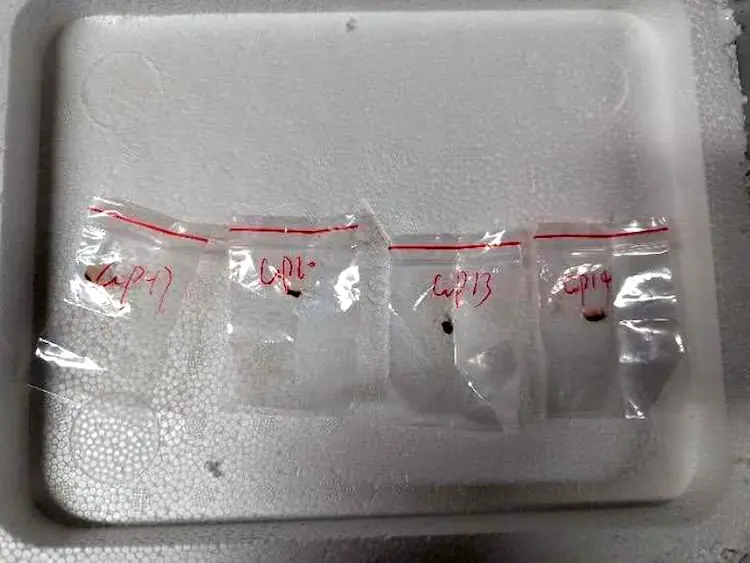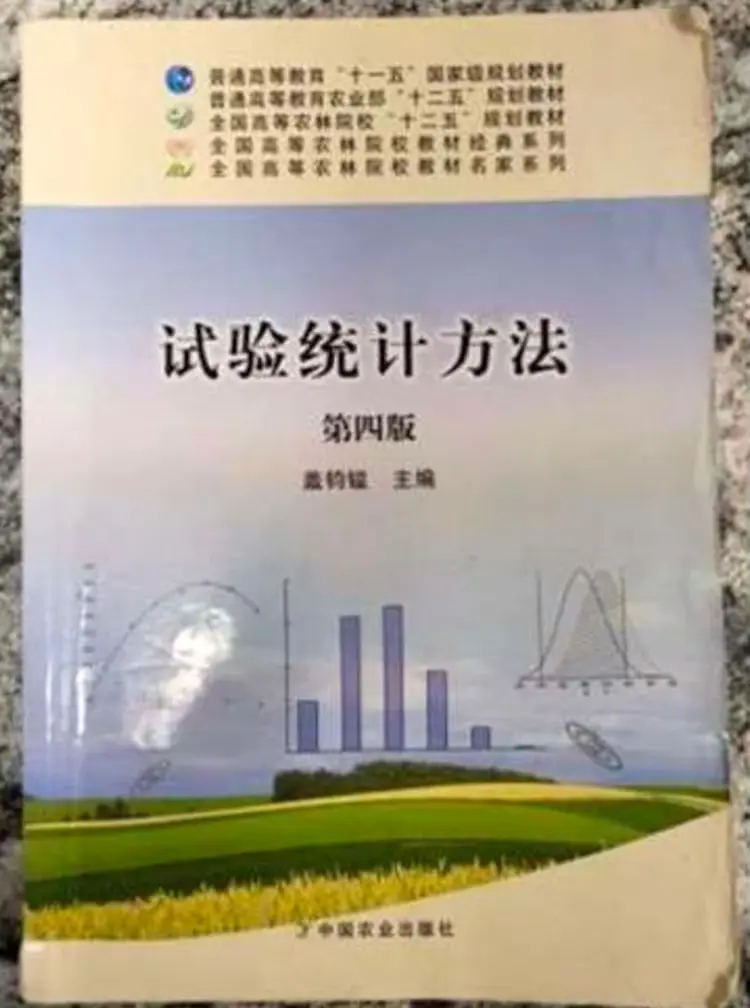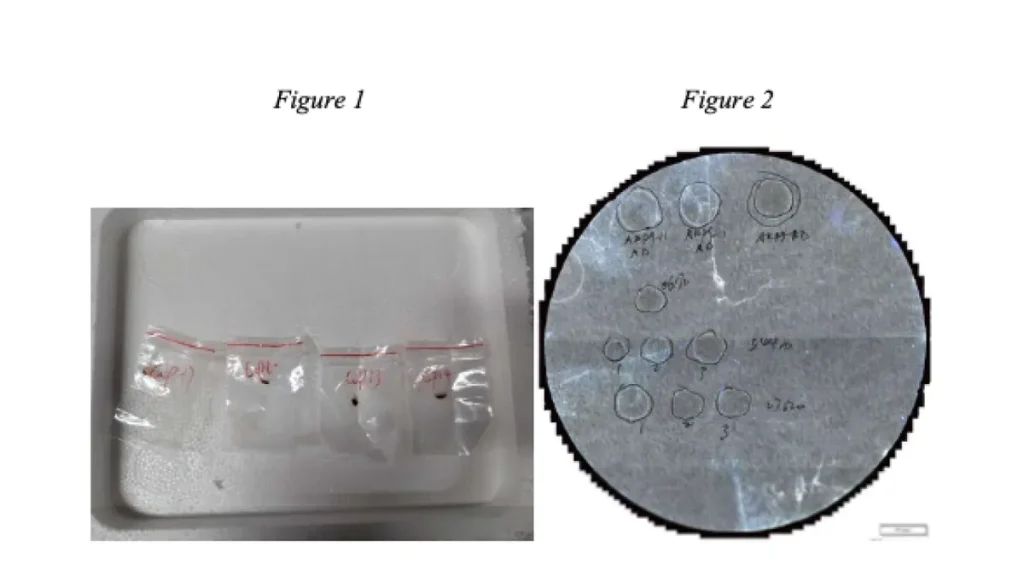Two Chinese nationals have been charged with smuggling a hazardous biological pathogen, Fusarium graminearum, into the United States. The U.S. Department of Justice announced that the individuals face charges including conspiracy, smuggling, making false statements, and visa fraud.
What is Fusarium graminearum?
Fusarium graminearum is a fungus known to cause Fusarium head blight (FHB) in cereal crops such as wheat, barley, maize, and rice. The disease leads to significant agricultural losses and produces mycotoxins like deoxynivalenol (DON) and zearalenone (ZEN), which are harmful to both humans and livestock. These toxins can contaminate food supplies, leading to health issues and economic repercussions.

The fungus has been identified as a potential agroterrorism agent due to its capacity to devastate crops and disrupt food security. The FBI considers such biological threats as serious national security concerns, emphasizing the importance of stringent biosecurity measures.
The Smuggling Incident in Details

In July 2024, Zunyong Liu was intercepted at Detroit Metropolitan Airport carrying samples of Fusarium graminearum concealed in his luggage. Investigations revealed that Liu intended to conduct unauthorized research on the pathogen at a laboratory affiliated with the University of Michigan, where his partner, Yunqing Jian, was employed as a research fellow. Electronic communications between the two indicated plans to study the fungus without the necessary federal permits.

Further examination uncovered that Jian had affiliations with the Chinese Communist Party and had received funding from the Chinese government for related research. The University of Michigan has stated that it did not receive any Chinese government funding for the couple’s research and is cooperating with federal authorities in the ongoing investigation.
National Security and Agriculture
The unauthorized importation and intended study of Fusarium graminearum highlight vulnerabilities in biosecurity and the potential for agroterrorism. The introduction of such pathogens could lead to widespread crop failures, economic losses, and threats to food safety. This incident underscores the need for vigilance in monitoring and regulating biological research, especially involving foreign nationals and entities.
The case also brings attention to the broader issue of Chinese nationals being involved in activities that may compromise U.S. national security, including previous instances of intellectual property theft and unauthorized research. Authorities stress the importance of safeguarding agricultural and scientific sectors from such threats.
The charges against Yunqing Jian and Zunyong Liu serve as a stark reminder of the potential risks posed by unauthorized biological research and the smuggling of hazardous pathogens. As the U.S. continues to address challenges related to biosecurity and agroterrorism, this case highlights the critical need for stringent oversight and international cooperation to protect public health and national interests.




